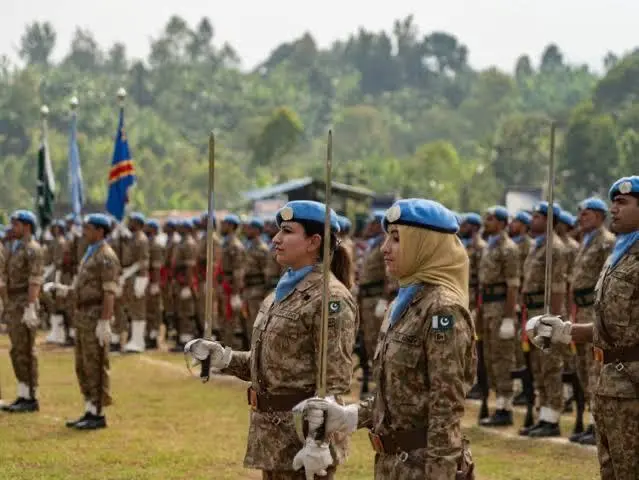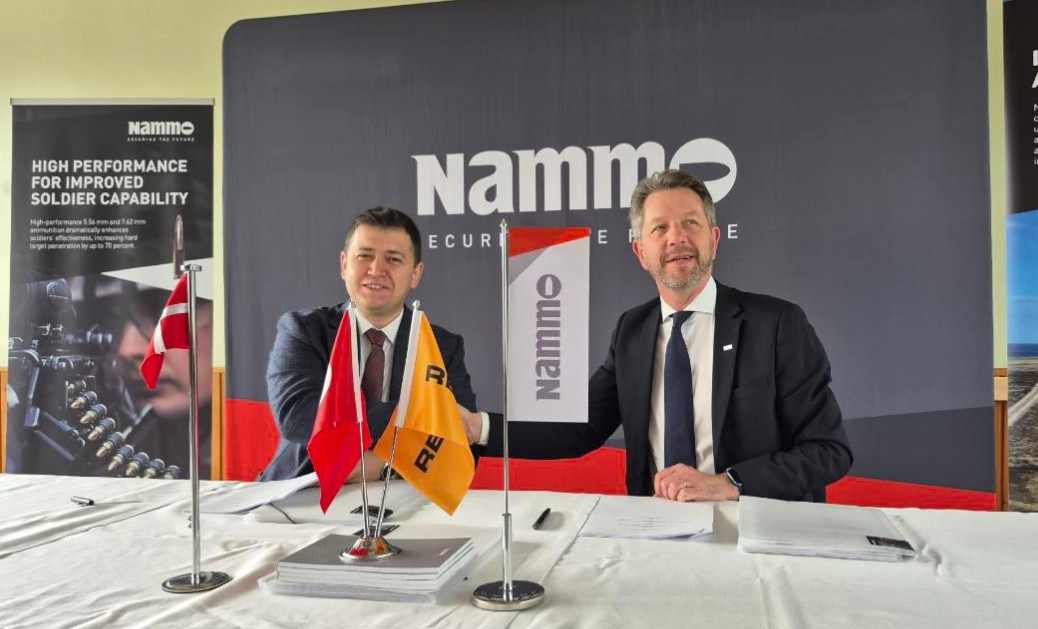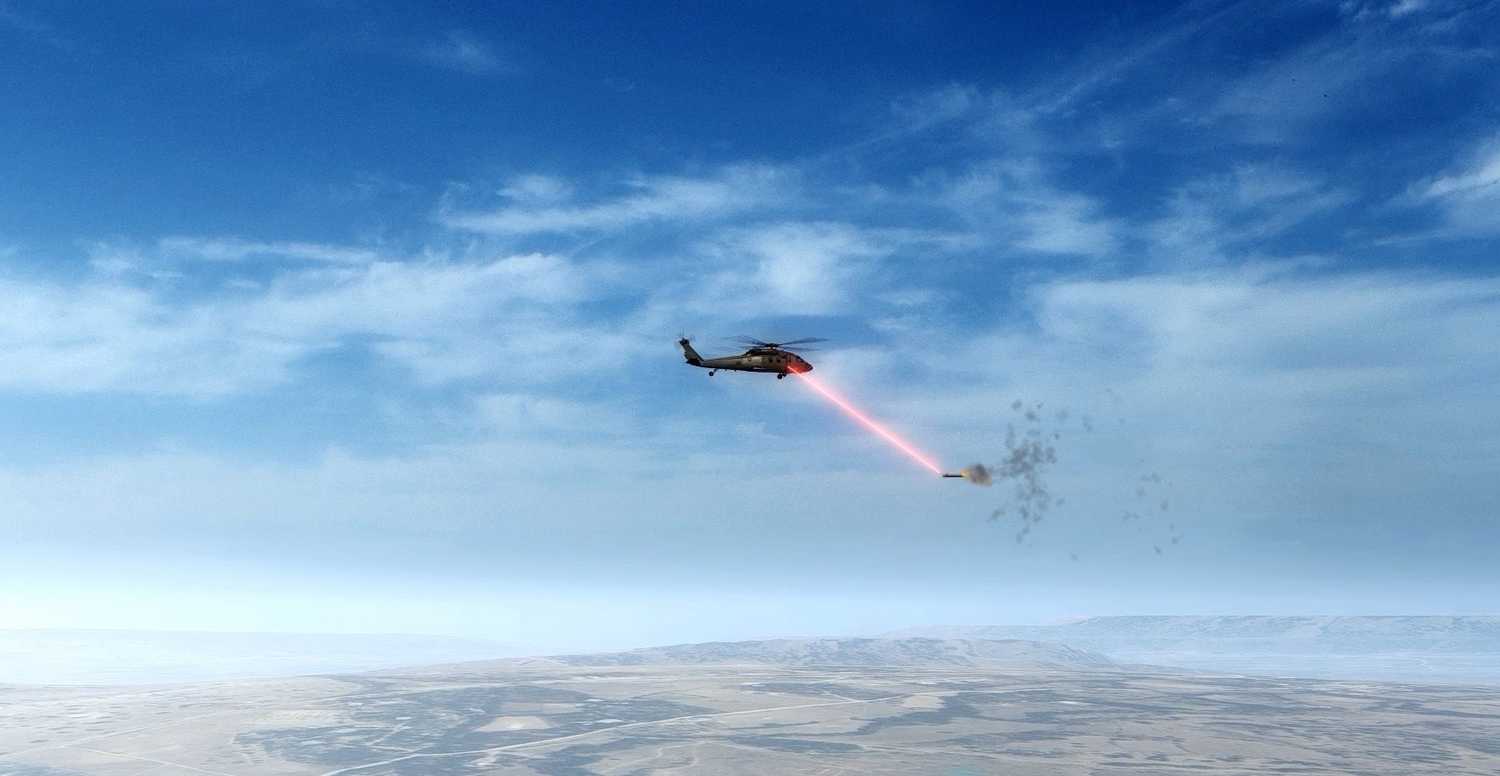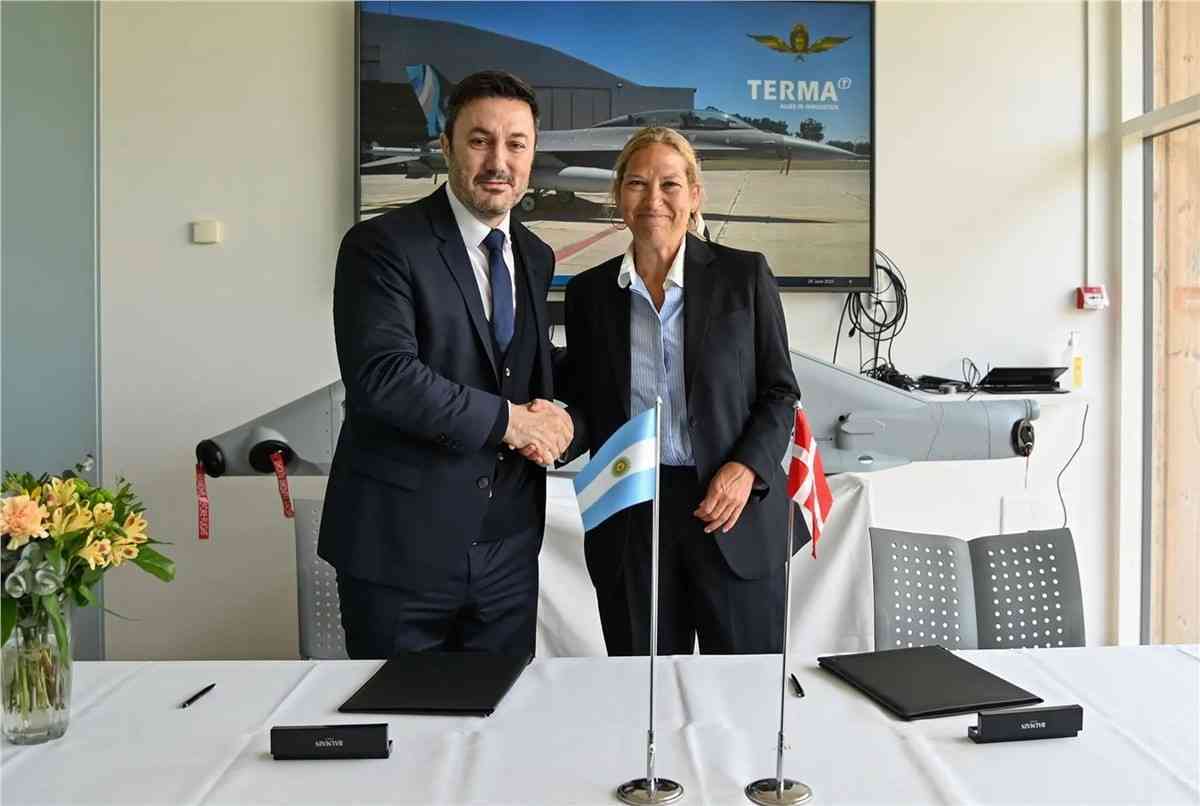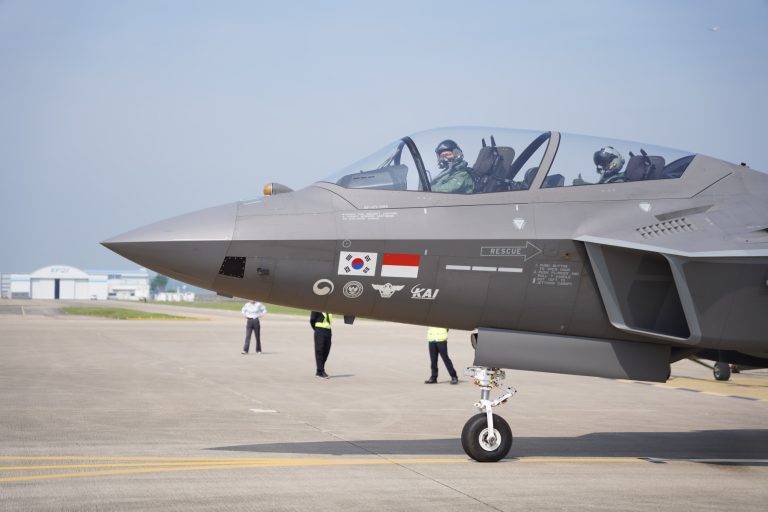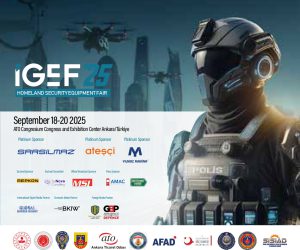“We are prepared to make our utmost contribution to the promotion of peace and prosperity among the nations of the world”
(Muhammad Ali Jinnah)
The United Nations (UN) Peacekeeping Mission assists countries stuck by conflicts in establishing the foundation for lasting peace. In an effort to maintain international peace and security, it brings together the host government(s), the General Assembly, the Security Council, the countries that supply the forces, and the troops themselves. In 1948, the first UN peacekeeping mission was dispatched to a conflict zone during the Arab-Israeli War. Since that time, the UN has contributed to 72 missions across the world, 14 of which are still active today. More than 100 countries take part in peacekeeping operations, with the bulk of them being from South Asia.
Pakistan has sent over 200,000 soldiers and police to 46 UN deployments since its first peacekeeping mission there in the Congo in 1960. While performing these tasks, 157 peacekeepers have died, and several more have suffered grave injuries. Pakistan has established a sophisticated infrastructure of training and research institutions that are open to external collaboration in order to address the contemporary difficulties of peacekeeping. The host nation’s government, its citizens, and all international fora have praised the Pakistani Blue Berets for their flawless performance and dedication.
Thanks to UN peacekeeping, Pakistan and its army have a rare opportunity to demonstrate their skills, commitment to global security and peace, and sense of duty and sacrifice. Pakistan’s six decades of peacekeeping in various contexts have had a considerable impact on the development of peacekeeping ideas, concepts, and manuals. As a result of its cooperation, it’s diplomatic standing at the UN and other relevant forums have also improved. Working with multinational troops has given Pakistan exposure to other nations’ systems while also fostering unity and understanding. Joint training and activities have a positive synergistic impact that is encouraging regional cooperation and peace.
Locally, praise has also been given to Pakistan’s defense diplomacy. The stability of Pakistan has always been impacted by the situation in Afghanistan. Western countries have long criticized the Pakistani military for supposedly backing the Taliban despite the extreme suffering the country has seen over the previous forty years, notably as a result of terrorism.
However, these views are evolving, in part because of Pakistan’s defense diplomacy. Recently, policymakers in the West have emphasized the assistance the Pakistani military has provided to the peace process in Afghanistan. General Qamar Javed Bajwa of Pakistan was praised by Zalmay Khalilzad, the US envoy for peace in Afghanistan, for Islamabad’s dedication to the peace effort.
General Sir Nicholas Carter, the Chief of the Defence Staff of the British Army, visited General Bajwa and thanked the Pakistan Army for its role in maintaining peace in the region. The recognition and commitment of the troops also demonstrate Pakistan’s commitment to and embodiment of UN ideals, which will increase the military’s appeal to other democracies.
The acknowledgment by the western countries underlines the success of Pakistan’s defense diplomacy since it represents a substantial departure from the previous position of condemning the Pakistani military for its engagement in foreign affairs in the area. General Bajwa’s advocacy of defense diplomacy, particularly in connection to Afghanistan, has actually been hailed as a turning point for the Pakistani Army’s greater transparency in its foreign relations.
Pakistan has actively participated in UN peacekeeping operations in several locations across the world, frequently under the most difficult conditions, in accordance with the laws of the UN Charter. The peacekeepers from Pakistan have shown to be exceptional in helping the human race, establish institutions and progress peace. Their performances won praise from the UN and other world leaders, resulting in enduring friendships and respect.
About Author: Tahama Asad is a graduate of National Defense University, Islamabad.
- Global Defense Insighthttps://defensetalks.com/author/umair/
- Global Defense Insighthttps://defensetalks.com/author/umair/
- Global Defense Insighthttps://defensetalks.com/author/umair/
- Global Defense Insighthttps://defensetalks.com/author/umair/


